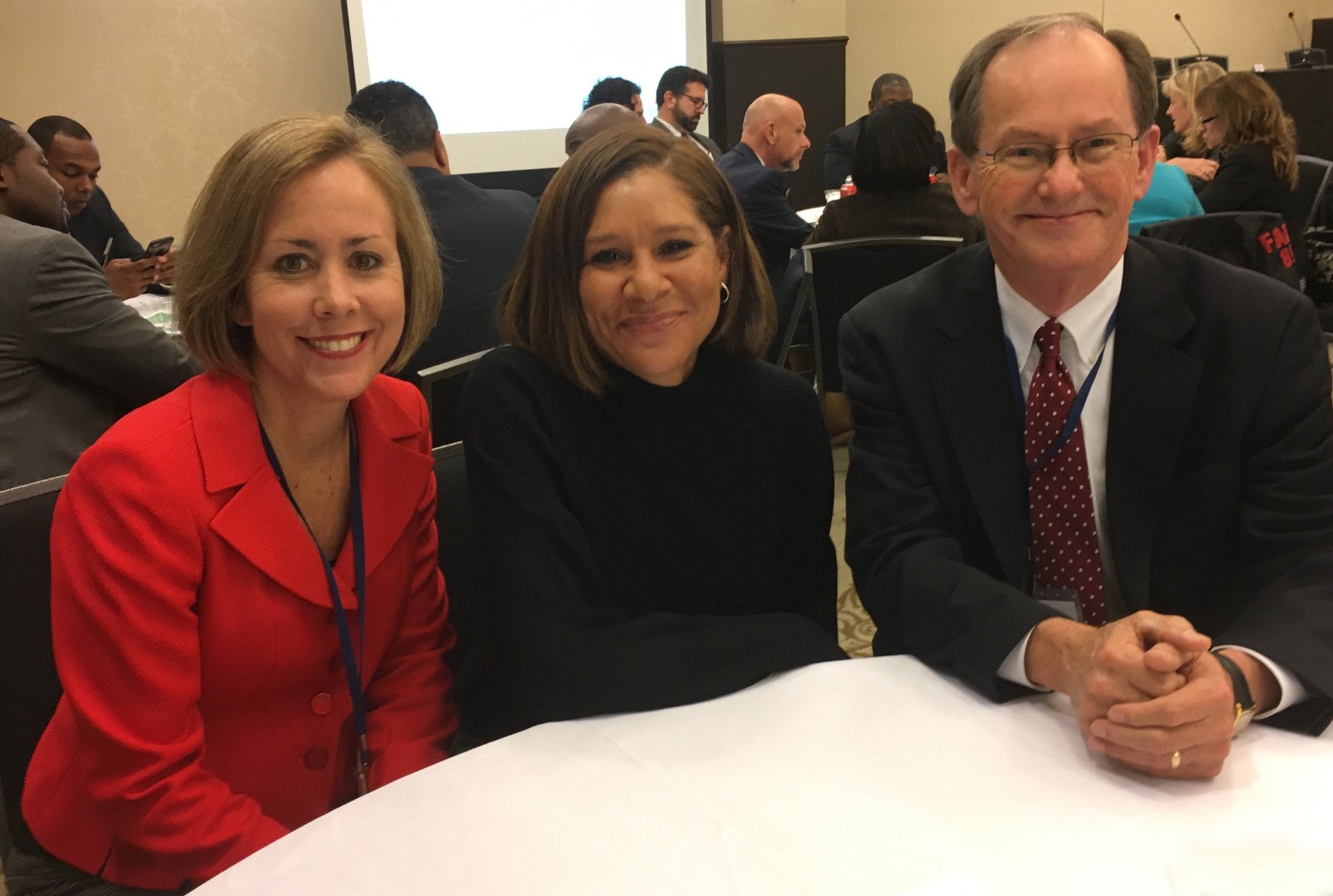Evidence-free argument. Data-empty debate. Fact-less discussion. Has the need for hard information vanished at a time when the term “fake news” has entered the national lexicon?
Not if you ask the people who have been part of Wallace’s Principal Pipeline Initiative, a venture, launched in 2011, to help six large school districts develop a sizeable corps of effective school leaders. The initiative is now drawing to a close, and the participants in it were among those who gathered in New York City recently at a meeting focused on what it might take to sustain successful aspects of Wallace-sponsored education leadership initiatives once the foundation’s funding for them ends.
The big message was that the continued gathering, examining and sharing of solid information about the work is a must, a basis for everything from making smart decisions to maintaining trust with partners.
Evidence can make the difference between a case that’s persuasive to those who hold the purse strings and one that falls flat. That was a lesson from Tricia McManus, one of three Pipeline district panelists in a session that opened the meeting. McManus, assistant superintendent of Hillsborough County (Fla.) Public Schools, which encompasses the Tampa area, recalled the role evidence had played recently in helping to build a strong argument for preserving coaching for new principals in Hillsborough, which is facing budget constraints. Survey responses from new principals in the district indicated that these novice leaders deeply valued the coaching they’d received and considered it a key to having helped them adapt to their difficult jobs. Evidence like this, McManus said, aided in keeping the coaching effort afloat for the 2017-2018 school year.
Panelist Mikel Royal, director of school leader development and support for the Denver Public Schools, agreed that evidence pointing to what works can be powerful. “Data around impact—mak[e] sure that’s part of the narrative,” she said. “It helps to sustain and increase the priority of the work.” Data are also the fuel for enhancing efforts, helping to set off what Royal described as “an iterative process of reflecting, learning and improving the work.”
Glenn Pethel, assistant superintendent of Gwinnett County (Ga.) Public Schools, emphasized the importance of impartial data, collected by people with no stake in the findings. “They know the right questions to ask; they know the rocks to look under,” said Pethel, whose district, the largest in Georgia, is just outside of Atlanta. “All of us have a tendency to get so close to the work, it’s hard to see things that are obvious to others.”
Sharing this information in a spirit of candor is an essential to keeping partnerships well oiled, he said. “It’s a matter of credibility,” Pethel told the audience. “It gives more credence when you have external data or observations that you can bring to the table.”
And that’s a fact.



